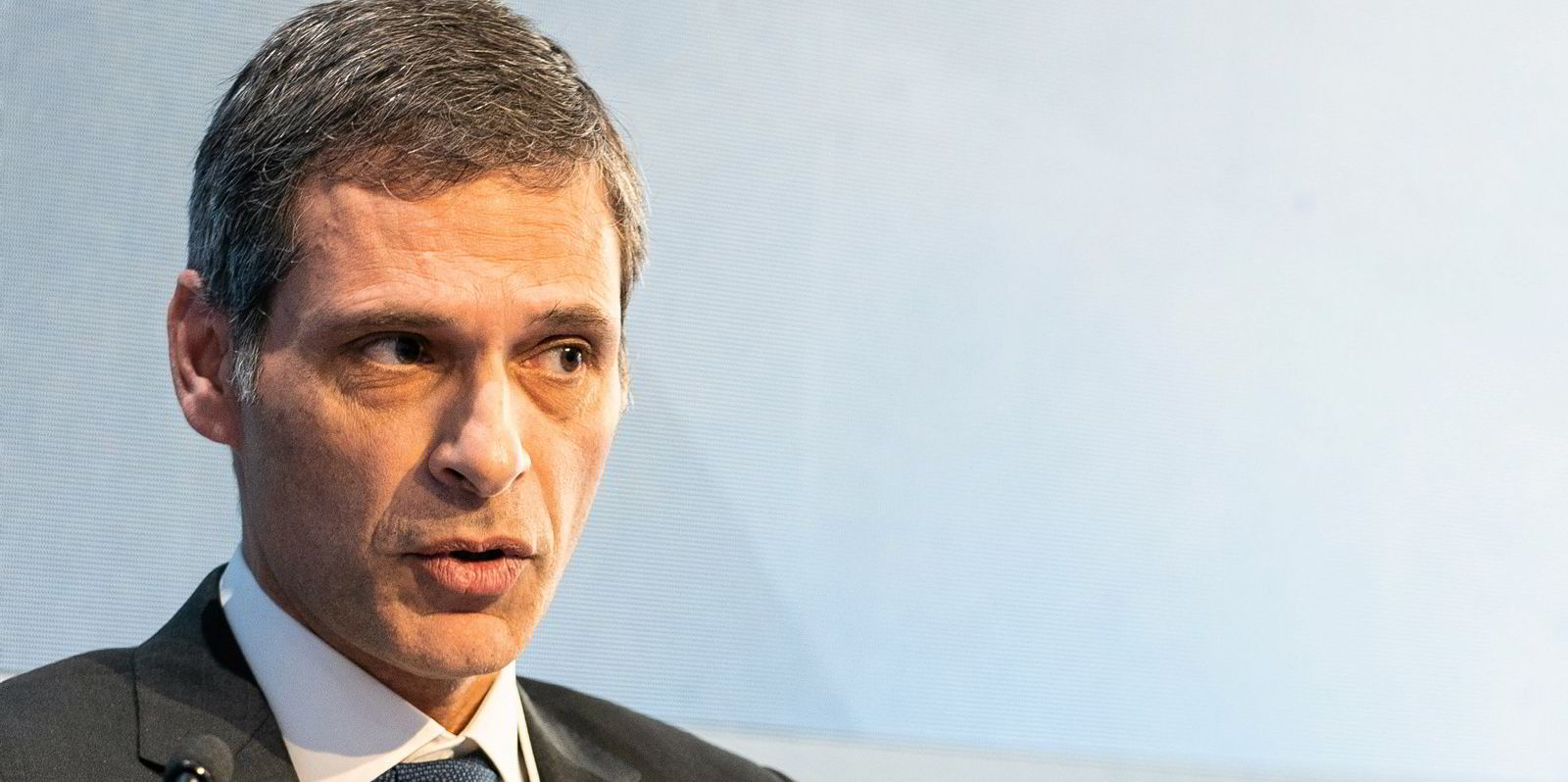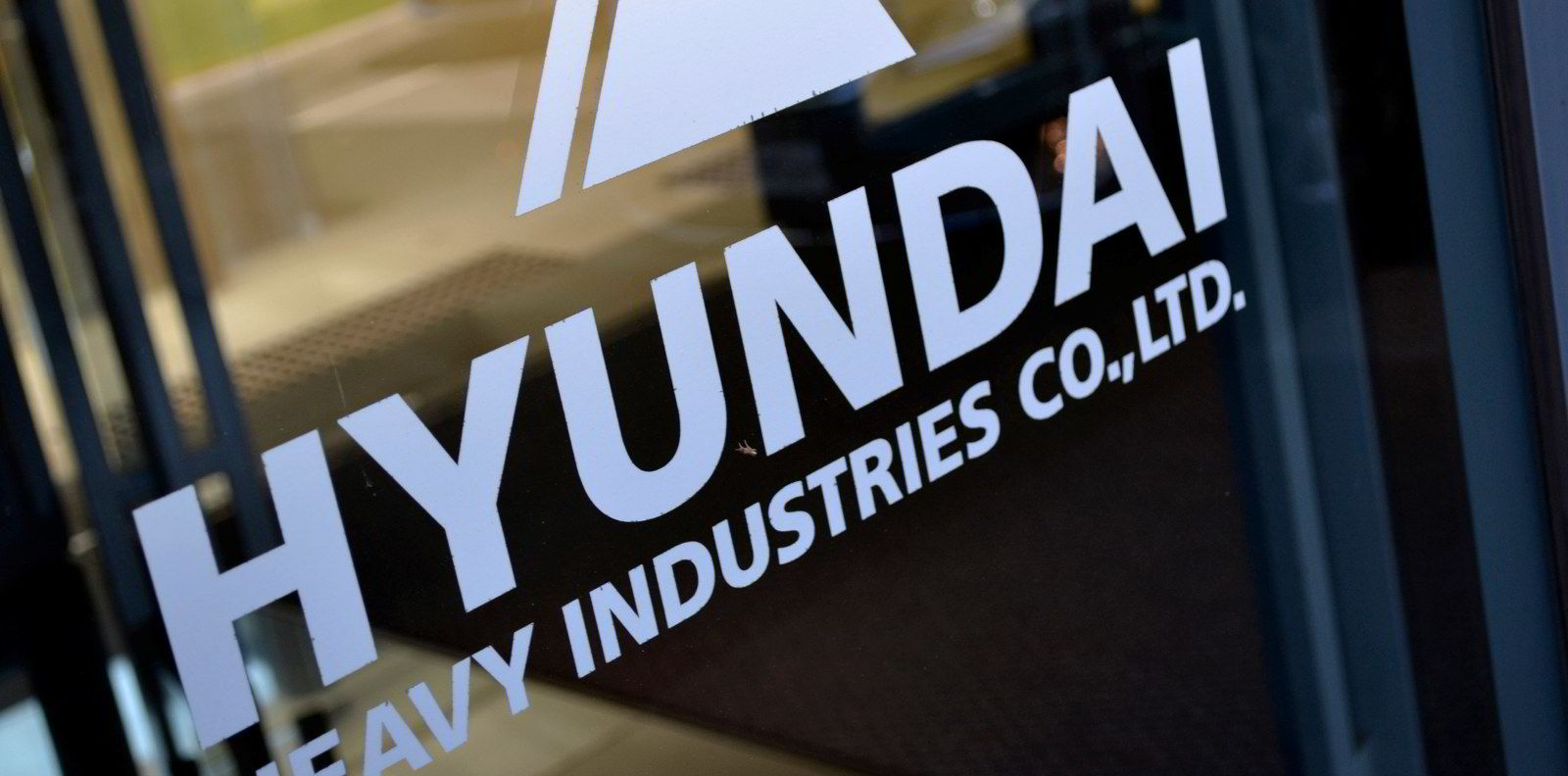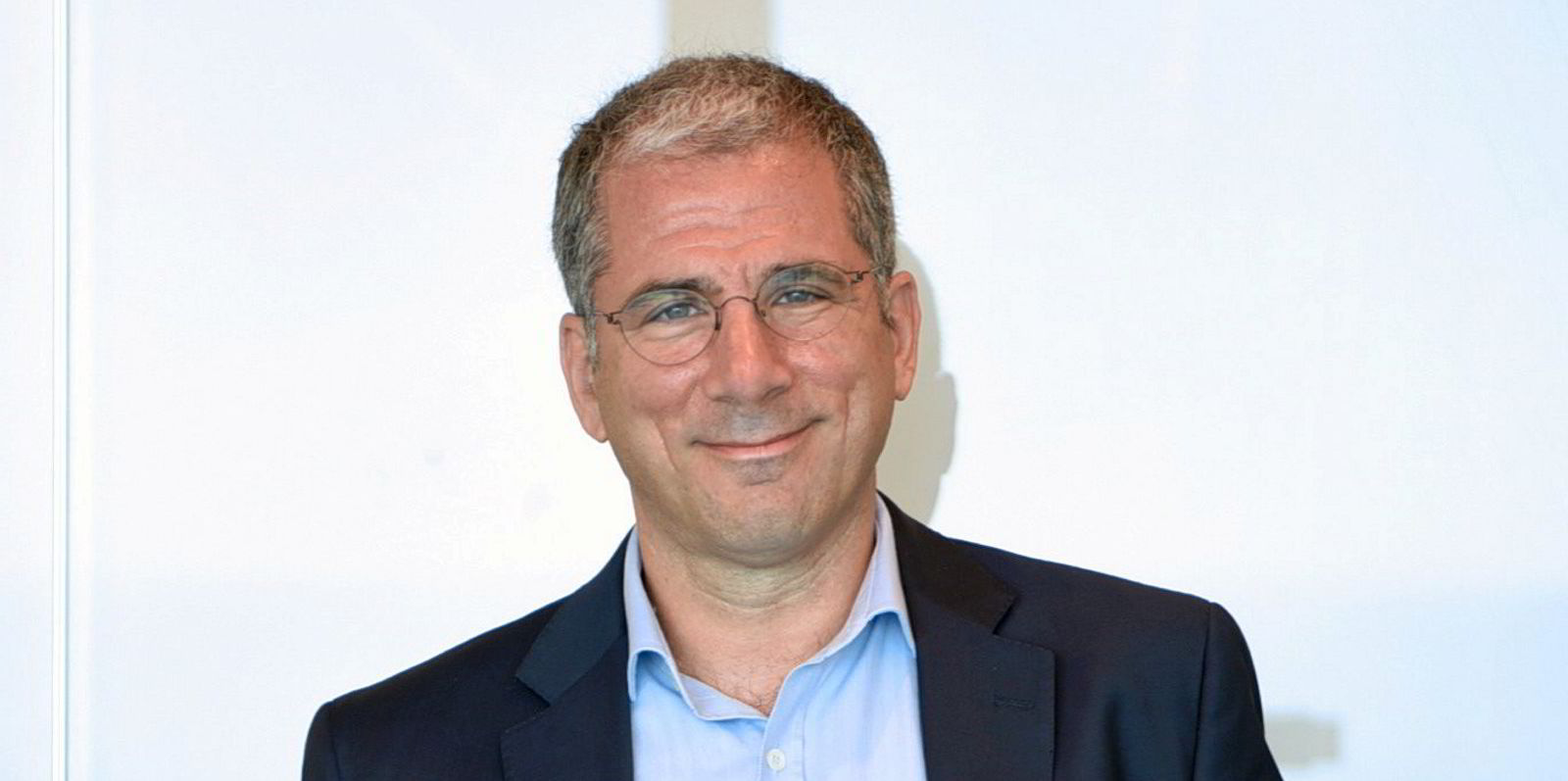French liner carrier CMA CGM — which has built up an orderbook of 53 newbuildings — is adding 16 more vessels to its growing fleet.
The new additions are set to cost the company around $2.5bn.
The Saade-family led outfit said the orders include 10 dual-fuel LNG vessels and six methanol dual-fuel ships. However, it did not disclose the shipyards that are constructing the 16 newbuildings.
The newbuildings are part of a strategy to diversify its energy mix and achieve net-zero carbon emissions by 2050, the company added.
“This new order brings the orderbook of CMA CGM Group to 69 vessels, accelerating our decarbonisation trajectory by investing massively in gas and methanol fuels,” the carrier said.
“The two sectors will be complementary for decarbonising the shipping industry in the years to come.”
Methanol breakthrough
CMA CGM said it has placed its first order for methanol-powered vessels involving six 15,000-teu ships to be delivered by the end of 2025.
It is the second shipping company to have opted for methanol as fuel.
Danish liner giant AP Moller-Maersk was the first. The Copenhagen-based carrier has a dozen 16,000-teu vessels under construction at Hyundai Heavy Industries for delivery in 2025.
The remaining newbuildings that CMA CGM has ordered are LNG dual-fuelled ships, and it consists of four 23,000-teu vessels and six of 7,900 teu.
Shipbuilding experts estimated the price of methanol dual-fuelled 15,000-teu tonnage would cost close to $175m, while LNG dual-fuel boxships of 23,000 teu and 7,900 teu would be around $250m and $120m each, respectively.

Shipbuilding sources that TradeWinds spoke to said CMA CGM has so far picked HHI to build the 7,900-teu newbuildings.
The company is still in discussions with major shipbuilders in China and South Korea over the methanol dual-fuelled 15,000-teu ships and the LNG dual-fuelled 23,000-teu vessels.
Chinese state-owned Jiangnan Shipyard, Hudong-Zhonghua Shipbuilding, Dalian Shipbuilding Industry Co and South Korea’s Samsung Heavy Industries and HHI were named as shipyards that CMA CGM has approached.
Shift in direction
The decision to adopt methanol as an alternative fuel marks a decisive shift for the Marseilles-based company.
It comes six months after CMA CGM vice president Farid Trad described e-methanol as having “a number of disadvantages”.
Those included as “loss of volume” making the fuel less-energy efficient, the absence of a large-scale distribution network, and “average toxicity”, according to a post on the company’s website last November.
Last week, CMA CGM Group announced that its shipping revenue for the first quarter of 2022 jumped 73% to $14.8bn.
“We have also taken further steps in our energy transition by forging innovative partnerships to develop low-carbon fuels and by deciding to diversify the energy sources for our future vessels,” said chairman Rodolphe Saade.
CMA CGM was the first liner operator to invest in dual-fuel LNG vessels, where it remains the leading player.
The liner giant currently has an “e-methane ready” fleet of 29 ships in service, a tally which should rise to 77 by 2026.





